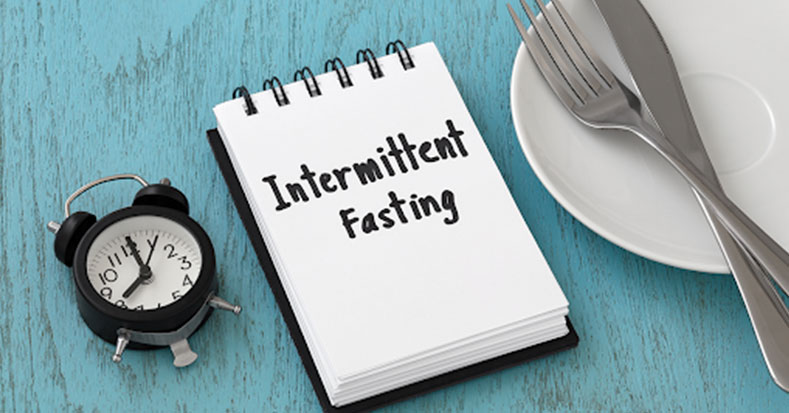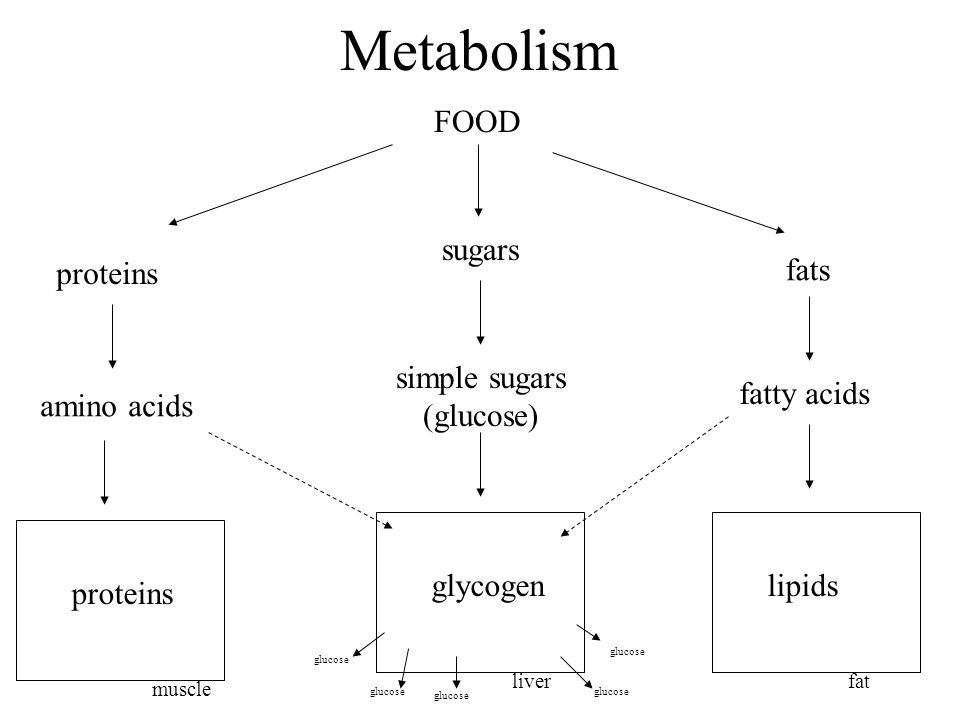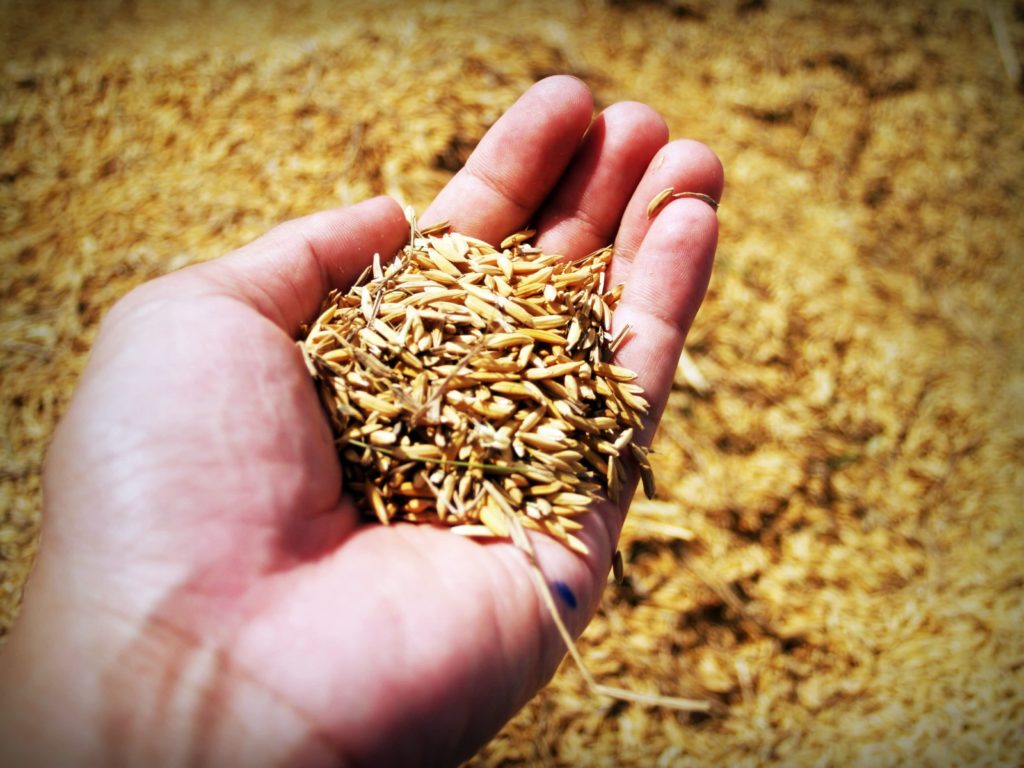
what is Interim fasting?
Many people have been searching for the best option to keep their bodies healthy. Discovering the best way to maintain a healthy bodily system is one of the most effective and efficient ways to live healthily.
Fasting is a centuries-old tradition, from an ancient ritualistic diet routine to a more modern interim fasting technique. Interim fasting is one fasting technique that has been gaining attention lately.
Interim fasting is a time-restricted eating pattern with a window of about 8 hours of eating and restricting your consumption to an eight-hour window. Typically, you limit yourself to eating during daylight hours, including your evening meal, until you go to bed. Your fast can start earlier than this if you want.
People practice interim fasting primarily for weight loss and improved health benefits. But there are many other reasons people choose to fast, including increasing energy levels for productivity at work and better focus throughout the day, or getting rid of headaches or food cravings that prevent people from sticking to their diet plan.
How Does interim fasting Work?
Interim fasting is a diet that involves restricting your caloric intake on days when you fast. On fasting days, you typically consume very few or no calories and extend the length of time between meals. There are many different ways to practice interim fasting, including alternate-day fasts, 5:2 dieting, and the 16:8 rule.
Interim fasting does not require calorie counting or even people thinking about calories during the week; instead, it focuses on sticking to a schedule to achieve a practical weight loss goal. People who practice interim fasting often use this method to help them achieve their ideal weight.
Interim Fasting: Why Would You Want To Do It?
Fat Loss
Interim fasting can help your body burn through stubborn body fat, usually stored in your midsection. It will lead to weight loss, a decreased waist size, an increased metabolism, and improved cardiovascular health. Interim fasting can also help you endure the holidays with less stress and potential weight gain.
Palatable Meals

Because you are hungry and eat something most of the time, eating one or two heavy meals a day might lead to weight gain. With interim fasting, you will only be able to consume so many calories in a set time frame, so theoretically, it will help you lose weight and feel full with fewer calories.
Increased Energy
Many believe that fasting causes the body to burn fat for energy instead of sugars from carbohydrates. Many professional athletes choose to fast while trying to lose weight. Another possible reason is that the body can produce more energy because it has no food.
Improved Mental Clarity
If you fast for long periods regularly, your body will detoxify your liver and other organs. It will naturally improve mental clarity, which can help you feel both mentally and physically refreshed.
Sleep Quality
If you have trouble sleeping and have been searching for ways to deal with it, but have had no luck, then you might want to try interim fasting. It may seem unusual, but there is a link between how you eat and sleep. Two elements commonly influence the quality of your sleep: what you eat and how well your body operates in general.

Your natural circadian rhythm regulates your body temperature, helps regulate hormone cycles, helps control metabolism, and other things that influence how you feel throughout the day. One way to help improve your sleep would be to cut down on foods that cause an abundance of inflammation in your body. It may include any food that has been refined or processed.
Reduce Insulin Resistance
Interim fasting helps people lose weight and reduce insulin resistance. In addition, because you won’t be consuming sugar all of the time, your body will begin to burn fat for energy instead of sugar.
Boost Metabolism
Another reason that interim fasting may help you lose weight is boosting your metabolism. Eating large meals every few hours can lead to weight gain and a slower metabolism. However, you are fasting for considerable periods with interim fasting, forcing your body to burn fat for energy instead of sugars.

Reduce Risk of Cancer
Studies have shown that interim fasting can reduce your risk of cancer. This is because, in fasting for a few days, the body will detoxify itself and get rid of any toxins that cause cancer.
Favorable Hormone Levels
Interim fasting can help keep your leptin levels low and your ghrelin levels high. Leptin is a hormone that controls how hungry you are, so when it’s lower in your body, you will be less hungry. Ghrelin is a hormone that informs your brain when it’s time to eat more food, so maintaining it high during the day means you won’t feel hungry.
Helps with Inflammation
Interim fasting can help reduce inflammation in your body. The research results on interim fasting in mice indicated that the animals had lowered inflammatory markers without any adjustments to diet or activity.
Is Interim Fasting Safe?
For many people, interim fasting is safe, but it is not for everyone. When you fast, your body must switch to using primarily fat for fuel. It is a healthy and long-term method of weight loss. However, interim fasting is not safe for people with heart disease or diabetes. It can also be unsafe in pregnant women because it can decrease blood sugar levels too much.
Also, people who try this type of fasting should drink plenty of water to avoid becoming dehydrated and passing out. Interim fasting is easy to do and will lead you to a healthier lifestyle if you stick with it long-term.
Foods That You Can Eat During Interim Fasting

Understanding what Interim Fasting is is to know the foods you should include in your meals. These were some of the best food options for individuals who wanted to try interim fasting to assist them.
Dry Fruits
These are the types of fruits that do not have any water content. They have been dehydrated, so you must include them in your diet. You should get the right amount of nutrition from them, and it will also give you the chance to add some sweetness to your diet. When using dry fruits as a snack or as part of your meal, you must look for fruits that do not have any refined sugar added.
Whole Grains
Whole grains include wheat, corn, oats, and barley. Whole grains are great since they are good sources of dietary fiber. Therefore, it is essential during the fast’s first one or two weeks.

Because whole grains are high in nutrients, they should be a component of your meal. Dried fruits are also suitable for this diet because they are high in fiber and easy to digest.
Leafy Vegetables
Moreover, leafy vegetables consist of many vitamins, including A, C, and E. It’s also because these veggies have been dried so that you can eat them fresh without putting your health in danger. Therefore, you should ensure that they are a part of your diet.
Nuts
You can also have nuts as another reliable food source during your fast. Nuts can also be considered dry fruits, but it depends on whether they are roasted or salted. Nuts are a good source of calories and have been shown to benefit cardiovascular health. It would help if you got them raw or roasted, but make sure that you do not consume too much salt when eating them.
Takeaway
Although interim fasting has many health benefits, it’s essential to understand that it’s unsuitable for everyone. Consult a professional, and do not be afraid to seek assistance and advice. If you do so, you’ll be able to get the most out of it.
For more educational and informative content check out our page here.
To find out more about interim or intermittent fasting, visit this website.
